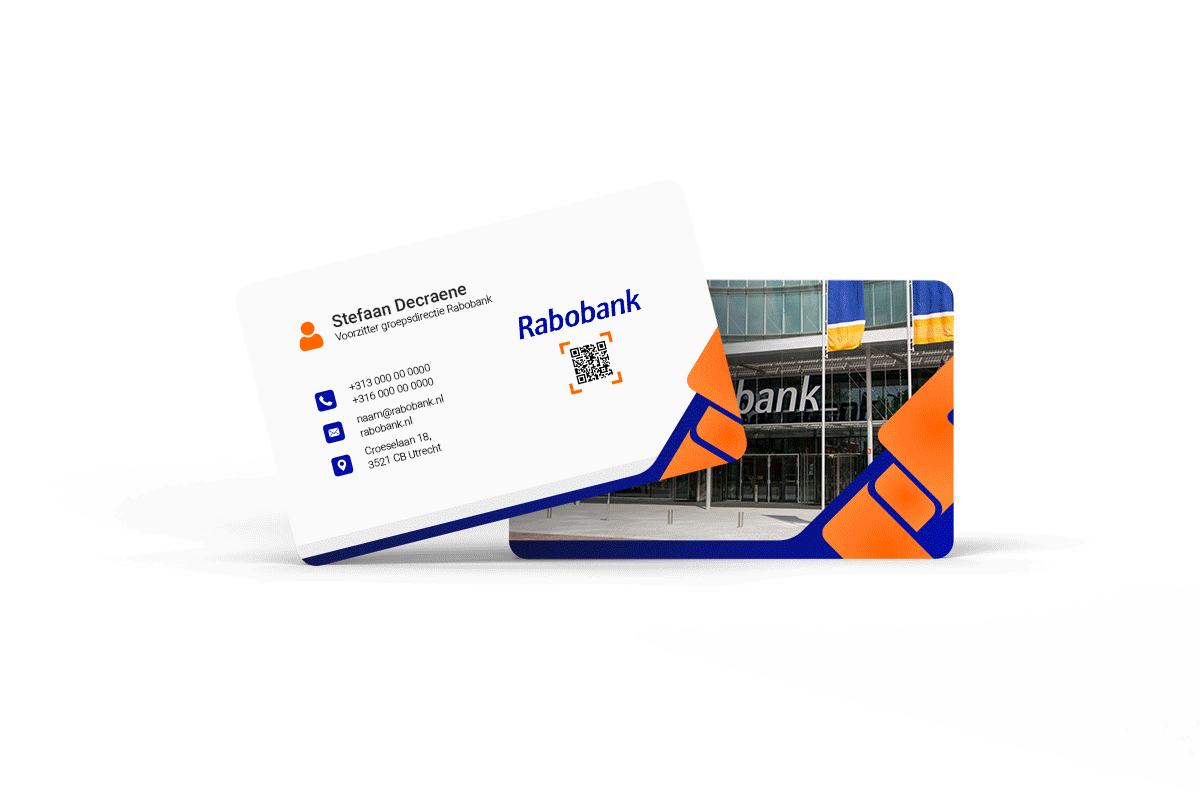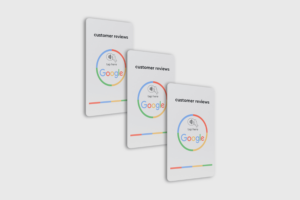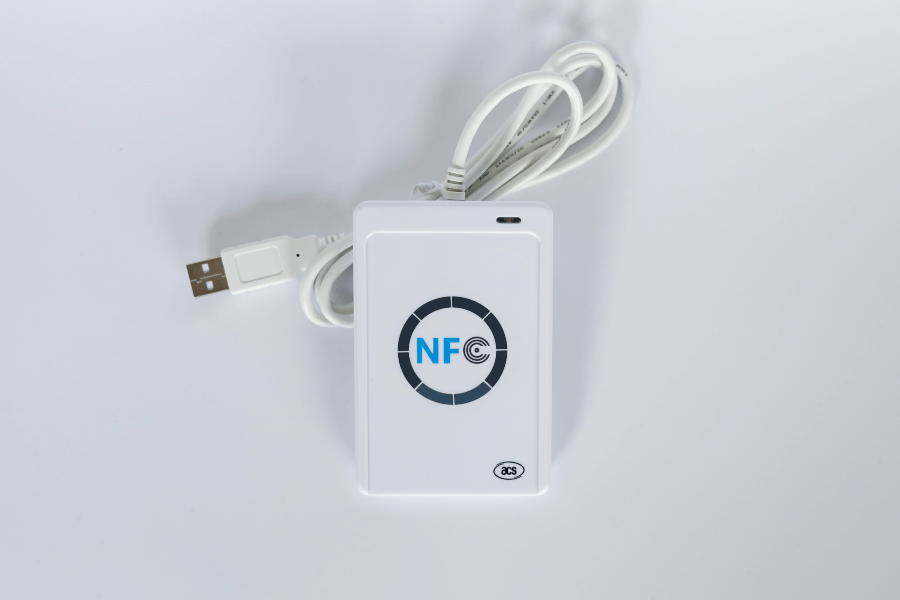No products in the cart.
NFC Products
Review products
Shopping Cart
8 tips for internal change communication

Change is inevitable in any organization. Whether it is a reorganization, the introduction of new technologies or a change in strategy, change can cause unrest and uncertainty among employees. Good internal communication during change is therefore crucial to get everyone on board and make the change successful. In this blog, I share eight valuable tips to make internal communication during change processes effective and ensure that your team feels heard, understood and supported.
Table of contents
1. Start with a clear plan
The basis of successful internal communication in change starts with a solid plan. This means determining in advance what information you will share when, through what channels and with what audiences. The communication plan should take into account the different departments within the organization so that each group receives the information that is relevant to them.
Be sure to record the following:
- Goals of communication: What do you want to achieve with the communication?
- Key messages: What are the key messages that need to be shared?
- Timing: When will the different messages be shared?
- Responsibilities: Who is responsible for what communication?
With a good plan, you can ensure that when change occurs, internal communication is structured and consistent, significantly reducing the chance of misunderstandings.
2. Create urgency and context
Changes are better accepted when employees understand why they are needed. Therefore, it is important to clearly communicate the reason for the change. What is the background of the change, and why is it crucial that it take place? By creating urgency and context, you give employees a clear picture of the bigger picture.
An effective way to do this is by naming the problem the change solves or the opportunity it presents. For example, "To stay competitive in a rapidly changing market, we need to improve our digital processes. This will allow us to work more efficiently and serve our customers even better."
When you frame change in this way, you increase employee understanding and engagement.
3. Use different means of communication
Everyone communicates differently. Some people like to read detailed e-mails, while others prefer verbal communication during meetings. For effective internal communication during change, it is essential to use multiple communication channels. By using multiple channels, you ensure that the message reaches everyone in the right way. Using a variety of means helps create repetition, which contributes to a better understanding of the change.
4. Involve employees early
One of the biggest mistakes you can make during a change process is involving employees too late. When you only inform them at the last minute, it increases the chance of resistance. After all, employees want to understand what is going to change, and how it will affect them personally. A smart approach is to involve employees in the change from the beginning. Invite them to brainstorming sessions or feedback rounds, and show that their opinion matters. This gives them a sense of control and ownership, making them more willing to embrace the change.
5. Be transparent and honest
Change is often accompanied by uncertainties. It is tempting to soften or even avoid difficult messages, but this usually backfires. Employees sense uncertainty quickly, and if they feel information is being withheld, it can lead to mistrust. Make sure you are always honest and transparent in your communications. Share as much information as possible, even if the news is negative. For example, if you know that a short-term change will create additional workload, be open about it. Employees will be more understanding if they know where they stand.
6. Keep communication personal
Change can have a big impact for employees, both professionally and personally. It is therefore important to engage in personal conversations in addition to general communication. Managers play a crucial role in this. Make sure managers are available for one-on-one conversations and are open to questions and concerns from employees. This helps address individual fears and uncertainties and ensures that employees feel supported during the change.
Asking for feedback is also valuable. Let employees know that their opinions are valued and that they have the space to ask questions or make suggestions.
7. Communicate regularly and repeat the message
A one-time communication is rarely enough to properly land a change. Internal communication during change requires regular updates and repetition of key messages. This ensures that everyone in the organization stays informed of progress and that there is no noise on the line.
Also make sure that communication is in stages. This means that you adjust the communication as the change progresses. For example, in the beginning you can focus more on the urgency of the change, while later you focus more on the results and successes.
8. Celebrate successes and acknowledge efforts
Change can be challenging and often requires a lot from employees. That's why it's important to celebrate successes along the way and recognize your team's efforts. This helps keep morale high and shows that the changes are paying off. It can be something small, like celebrating a completed project phase, or something bigger like an increase in productivity. Either way, dwelling on the positive results shows employees that their efforts are appreciated and that the change is worthwhile.
The importance of good internal communication in change
Effective internal communication during change is essential to ensure employee engagement and motivation. It prevents uncertainty and resistance from prevailing and ensures that everyone feels part of the process. With the right communication, you can not only successfully implement change, but also strengthen the work culture and increase employee trust.
NFC World offers smart tools for internal communications
At NFC World, we think good communication is important, especially during changes. Our smart NFC solutions make it easy to share contact details, updates and important information quickly within your organization. Discover how our digital business cards and digital tools can take your internal communication to the next level. Together, we'll make sure your organization gets through any change smoothly.
View our NFC Business CardsDon't miss anything and read all about NFC
Our most popular products
Reviews
★★★★★
Very satisfied with the serviceThe NFCW passes are a great example of how to use Sustainable Technology and still make an impact. We are very pleased with the service and quick response times.
Vera Timmermans - Evoke Staffing★★★★★
Quick response to inquiriesQuick response to questions. The dashboard is clear and easy to manage.
Shui Yi van de Laar - Endenburg Electrical Engineering★★★★★
Good price quality & Excellent serviceGood value for money & excellent service. Tickets were lost by mail but a solution was worked out together.
Bjorn Andelhofs - Topcon Positioning★★★★★
Very customer friendlyGood communication and fast service. Very customer friendly, and the site is easy and clear.
Astrid van Heinsbergen - HG International★★★★★
Very satisfied!We are very satisfied with our NFC business cards from NFC World. The dashboard is user-friendly and the cards are easy to use.
Natacha Wuestman - Wuestman★★★★★
The cards work easily and very wellThe cards work easily and very well. This way we are more sustainable, because we do not have to order 100's of paper business cards for our colleagues.
Eva Hartman - Lycens BVGive 20%, Get 20% 🎁
Give your friends 20% off their next order. And we'll give you 20% off for every successful referral.
Invite friendsAll our products are subject to our terms and conditions. All prices include VAT and other taxes and exclude any shipping and service charges. You can read how we handle cookies in our privacy policy.













